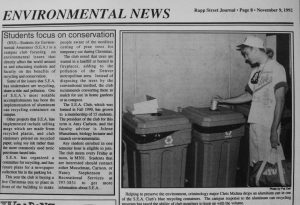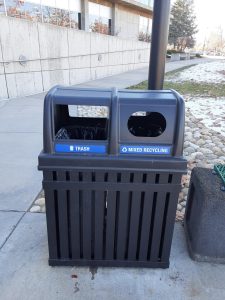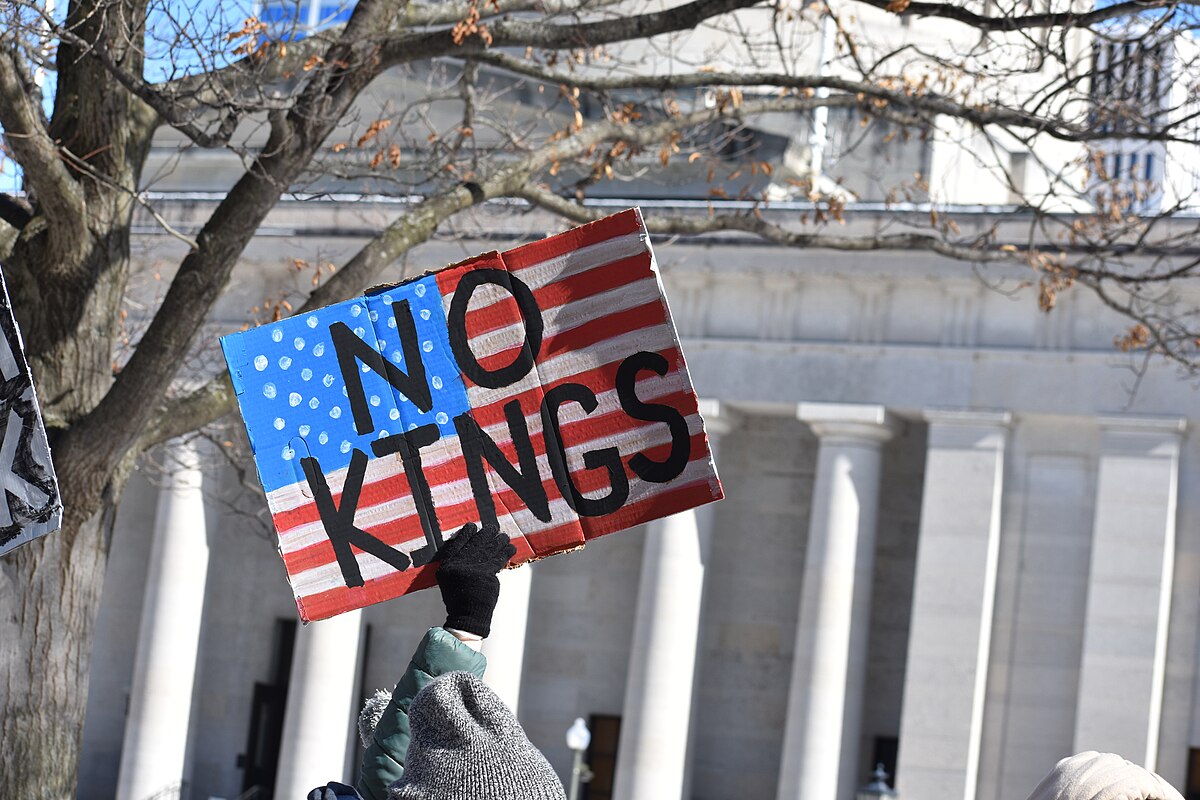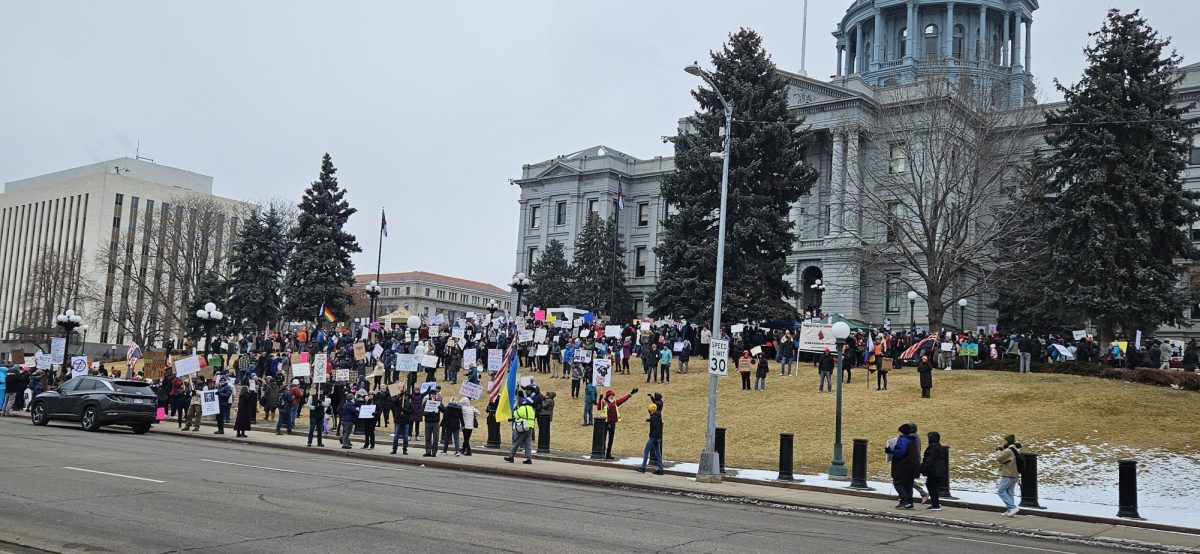Recycling is the re-use of material, and the fifteen-member student organization called the Student Environmental Awareness committee way back in 1992, wanted to help by collecting recycled material in a total of 16 blue bins (now silver bins) inside the Littleton Main Campus building. ACC sure has come a long way since then, with students and staff recycling often. The recycle bins inside the ACC building have organized paper and tin cans for easier sorting by janitorial staff in the year 2024. The Littleton community, however, is still in need of help with recycling, for it has not been as easy for residents to recycle as it is for the college.

written by student Ilse Bryant Garcia.
Littleton Colorado Community does not directly have a recycle program and residents go through a Denver program instead. A direct quote, as of December 2024, from the website is “Littleton property owners can choose which company they would like to provide recycling and/or trash removal at their residence. The city encourages neighbors to talk to each other about trash and recycling services and attempt to coordinate service for their street, block or neighborhood.”
At first, waste management for recycling was hopeful and was picking up recycling every week in the Littleton area, but many residents have only been filling the recycle containers half full. Then waste management went to picking up recycling material every two weeks instead, and a bill to implement a volume-based trash fee service, consumed approximately four hours of the council’s Monday meeting on June 27, 2022 according to the Denverite article.
An audit work occurred between February and July 2022, which gave reason for pay based services.
“Question of concern on whether a fee would actually push people to reduce waste and would pose an unfair burden to at-risk residents, or simply fail to make a significant dent in Denver’s carbon footprint “, states Denver Council Members.
$3.8 million annually will be spent on educating the public about the volume-based program, as well as how to compost and recycle correctly. The Denver Colorado Committee Council Members meets once a month and also goes to the capital once a year, to speak with legislatives for recycling and compost needs and issues. It is expensive for voting privileges, as to be a Capstone Partner, it is $8,000 with privileges of voting at council meetings. To be a community partner, it is $100 a month with no voting allowed. A money free option would be volunteering 20 hours with no voting on committee rights. The Summit for Recycling does give recognition with awards for governmental entities, individuals, companies, media and organizations for recycling and composting but since the community partner doesn’t have any votes, their needs may not be heard when talking with the legislative at the capital.
The reason the recycle bins are half empty in the community is mostly because of the strict restrictions for recycling. Some of the strict rules are that greasy food containers, such as a pizza box, are not recyclable. If any of the cups have plastic liner mixed with paper are also not recyclable and plastic bags are not recyclable are an example of some of the rules, according to Reader’s Digest Learn How to Recycle the Right Way | Recycling 101 | .
At ACC, recycling is doing wonderful. I was able to speak with Lara Beckwith from the ACC library and asked about how often are the books recycled.
“It is a continual process,” Beckwith said. “We are always looking at the collection’s health (is it damaged, is it accurate, is it useful to our population) and do our best to fix books that can be fixed or replace books that have been damaged beyond repair. Sometimes we will comb through the collection in more detail during breaks when there are fewer students needing help.
“Most of the books we recycle go to the recycling center because they are so damaged or because the information is no longer correct. If the book is still in good condition and the information is relevant or it’s a work of fiction, we put it in the Book Sale that happens in December every year. This way they get a second chance to make someone else happy.”
Dawn Viola, CMKBD, from ACC Interior Design Team states on how the college re-uses recycled products “Yes, we recycle material samples donated by professionals for student use in their projects and we recycle our paper that we use for printing projects.”
Justin Twist, Pathway Success Coach at ACC, helps the Denver Community and leads for example for the Littleton community with volunteering with compost Denver program. He states, “The Consumption Literacy Project educates others about food consumption and composting, connecting land and people.”
Students at ACC participate in the main campus building having four recycle bins spread out in different locations on each of the floor levels, for a total of 16 recycle bins that are staying strong for 32 years. There is also an extra bin outside the main entrance of the main building, for visitors to participate in recycling.

The Environmental Protection Agency has also implemented a program project on September 16, 2024, EPA announced three funding opportunities for recycling and wasted food prevention to help the Littleton and Denver communities with having the future looking brighter for recycling.










